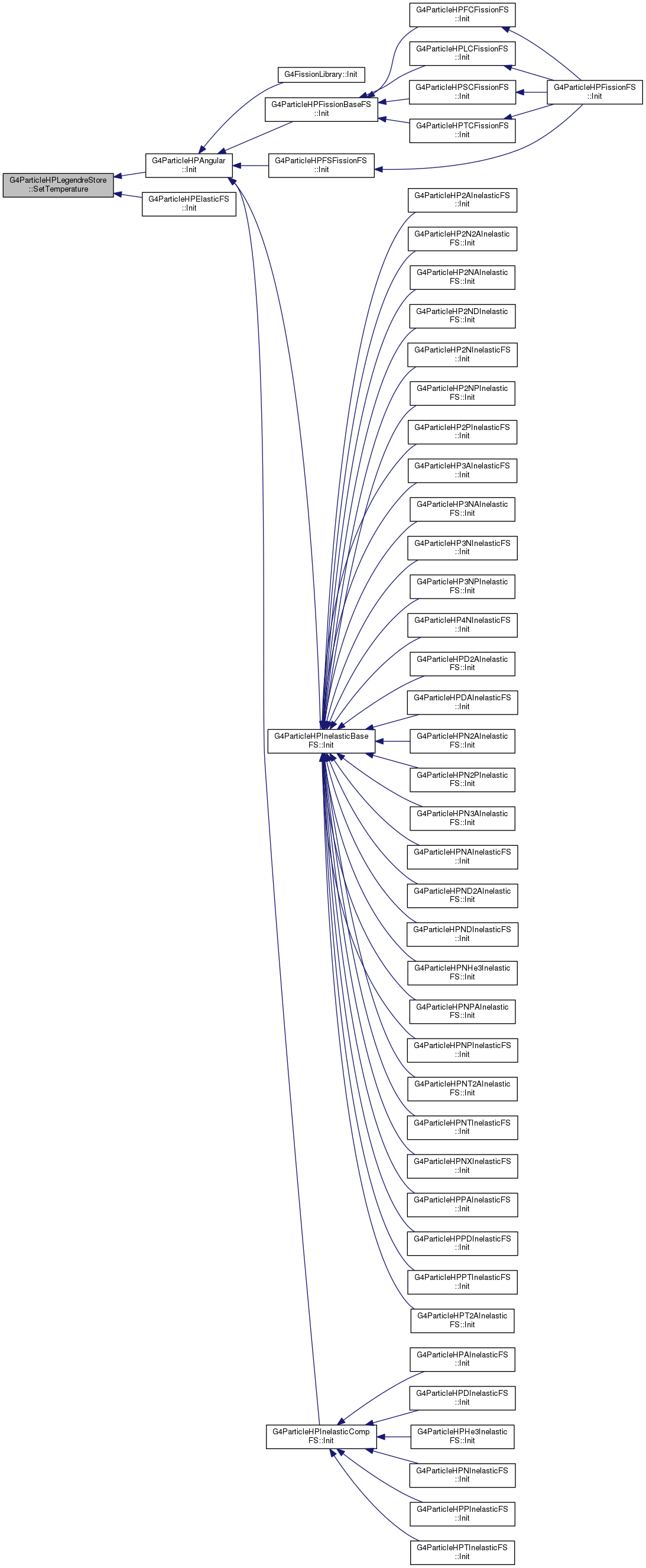|
Geant4
10.03.p03
|
|
Geant4
10.03.p03
|
#include <G4ParticleHPLegendreStore.hh>
Public Member Functions | |
| G4ParticleHPLegendreStore (G4int n) | |
| ~G4ParticleHPLegendreStore () | |
| void | Init (G4int i, G4double e, G4int n) |
| void | SetNPoints (G4int n) |
| void | SetEnergy (G4int i, G4double energy) |
| void | SetTemperature (G4int i, G4double temp) |
| void | SetCoeff (G4int i, G4int l, G4double coeff) |
| void | SetCoeff (G4int i, G4ParticleHPLegendreTable *theTable) |
| G4double | GetCoeff (G4int i, G4int l) |
| G4double | GetEnergy (G4int i) |
| G4double | GetTemperature (G4int i) |
| G4int | GetNumberOfPoly (G4int i) |
| G4double | SampleDiscreteTwoBody (G4double anEnergy) |
| G4double | SampleElastic (G4double anEnergy) |
| G4double | Sample (G4double energy) |
| G4double | SampleMax (G4double energy) |
| G4double | Integrate (G4int k, G4double costh) |
| void | InitInterpolation (std::istream &aDataFile) |
| void | SetManager (G4InterpolationManager &aManager) |
Definition at line 37 of file G4ParticleHPLegendreStore.hh.
|
inline |
Definition at line 41 of file G4ParticleHPLegendreStore.hh.
|
inline |
Definition at line 47 of file G4ParticleHPLegendreStore.hh.
Definition at line 68 of file G4ParticleHPLegendreStore.hh.

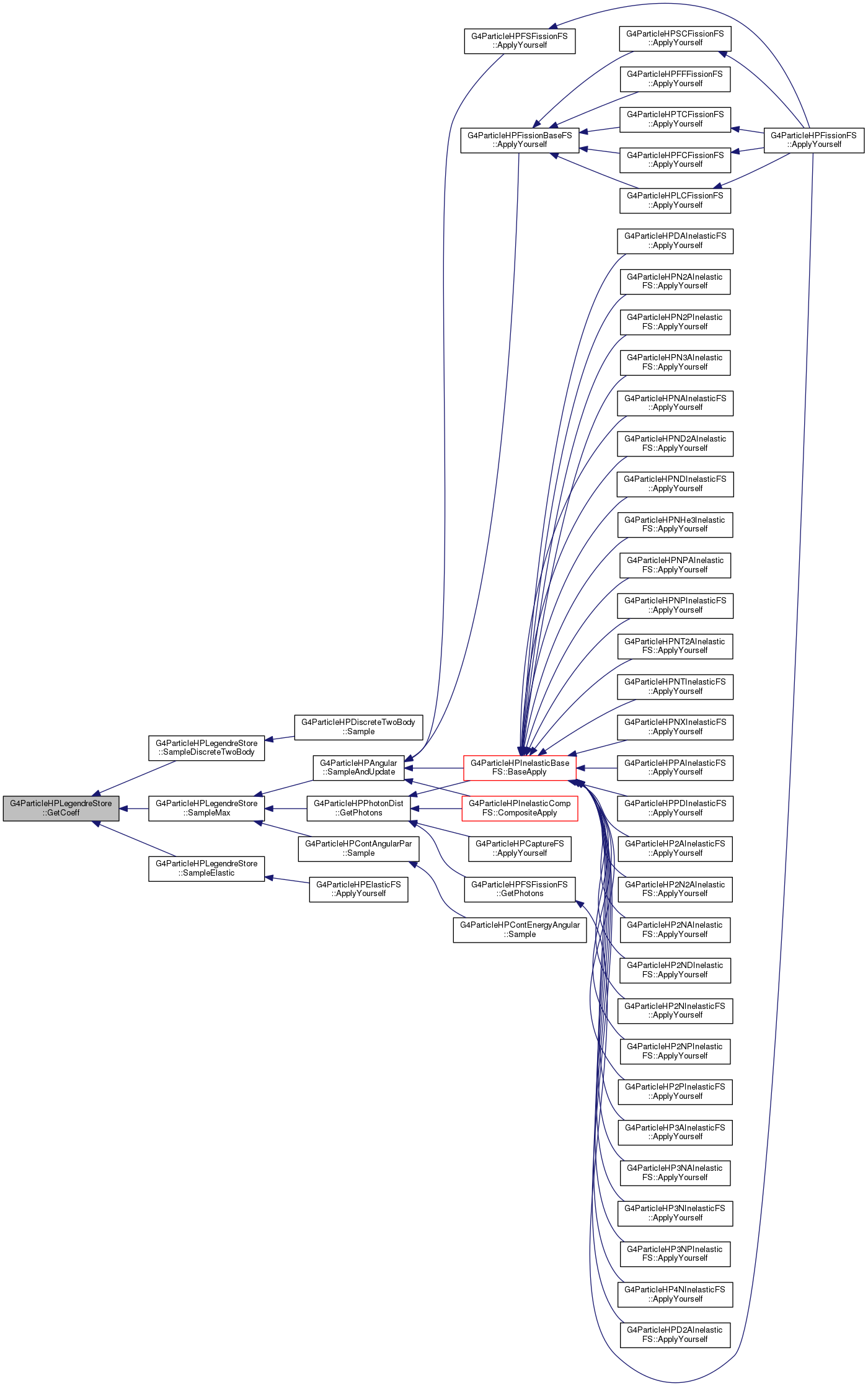
Definition at line 69 of file G4ParticleHPLegendreStore.hh.

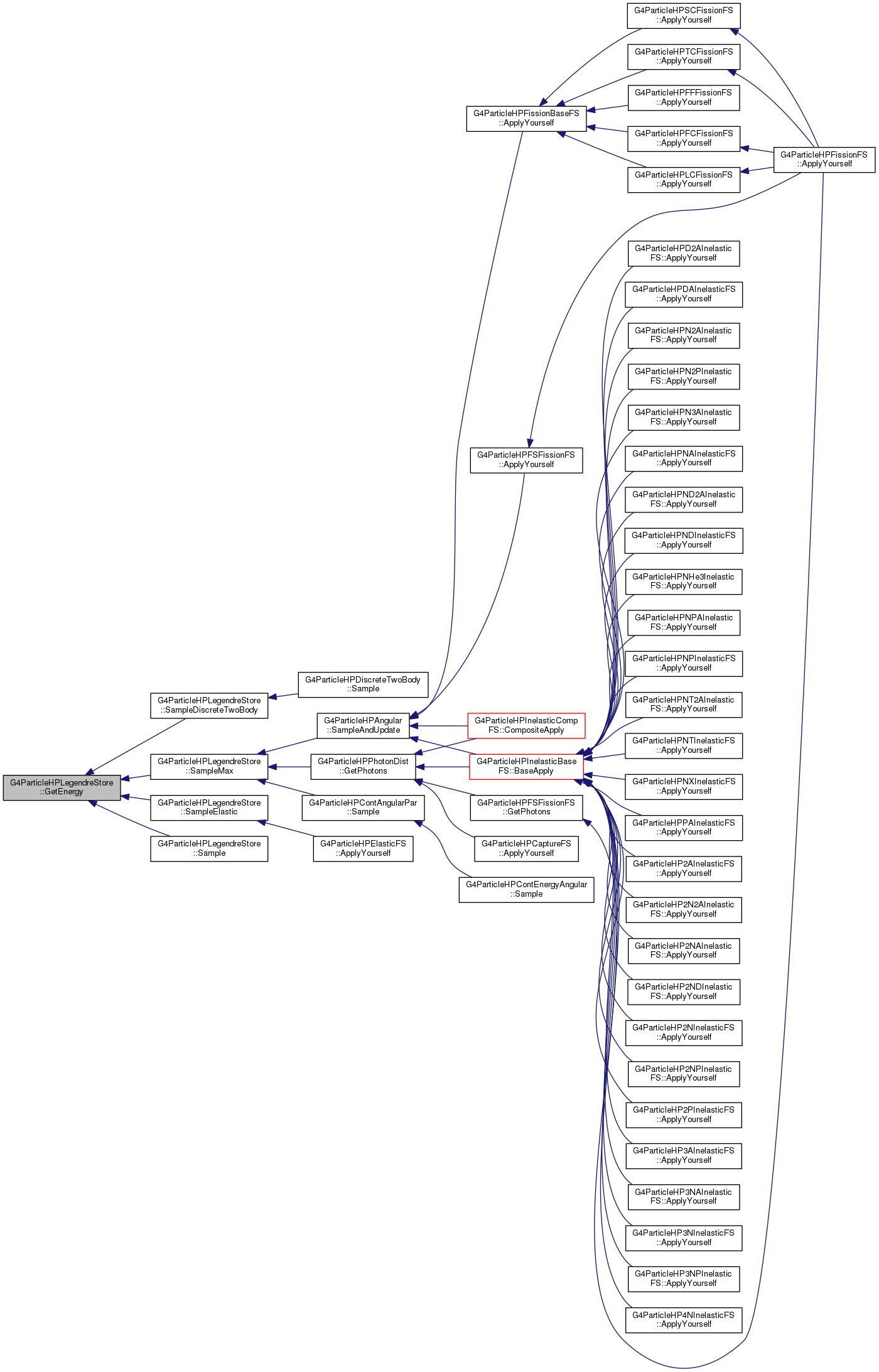
Definition at line 71 of file G4ParticleHPLegendreStore.hh.

Definition at line 70 of file G4ParticleHPLegendreStore.hh.

Definition at line 52 of file G4ParticleHPLegendreStore.hh.

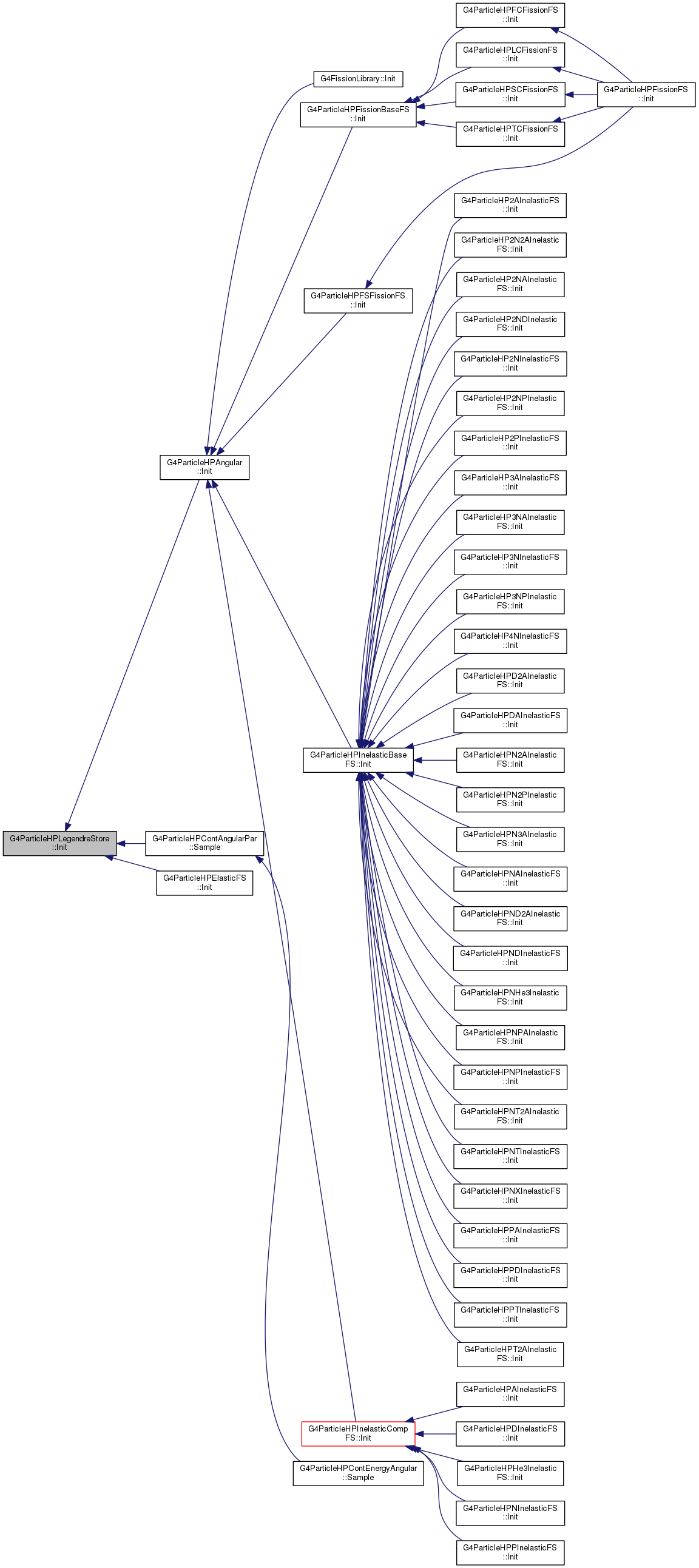
|
inline |
Definition at line 79 of file G4ParticleHPLegendreStore.hh.

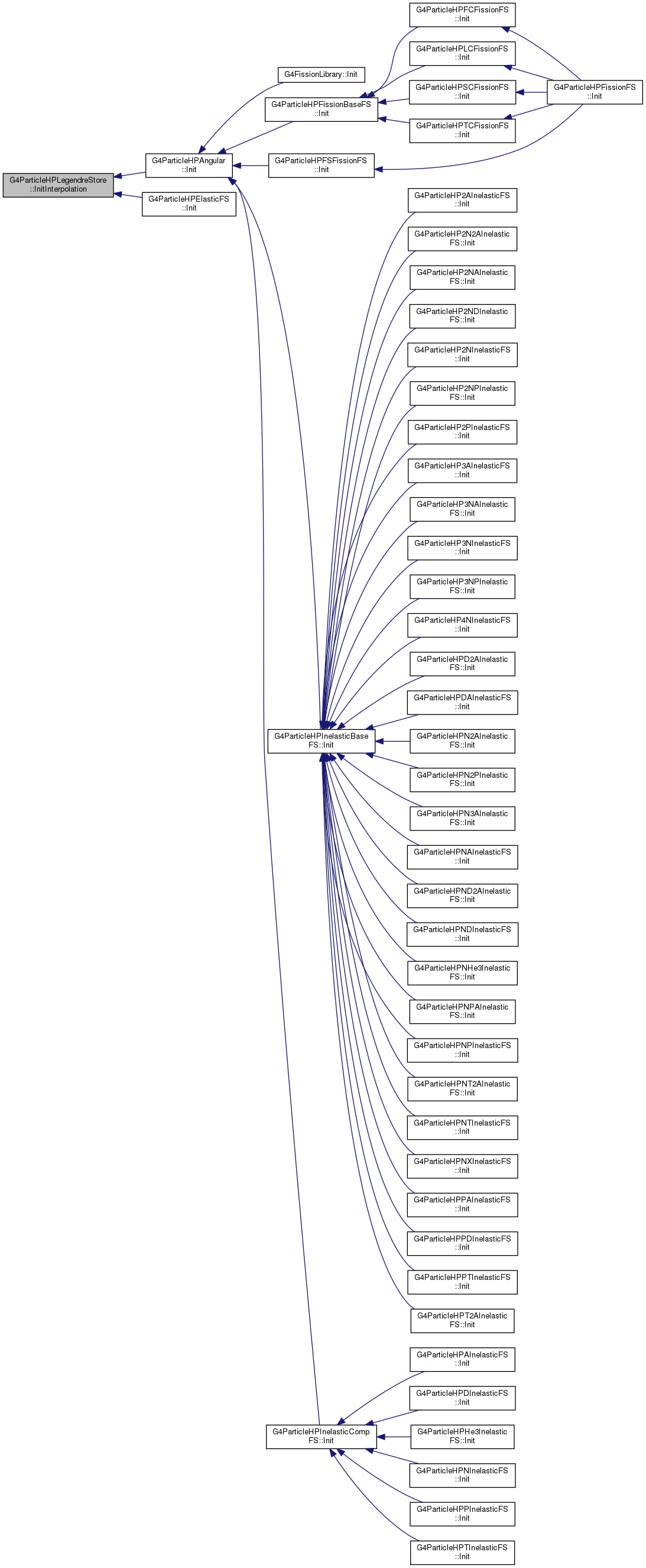
Definition at line 323 of file G4ParticleHPLegendreStore.cc.
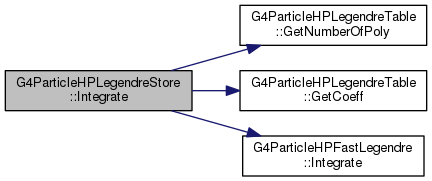

Definition at line 270 of file G4ParticleHPLegendreStore.cc.
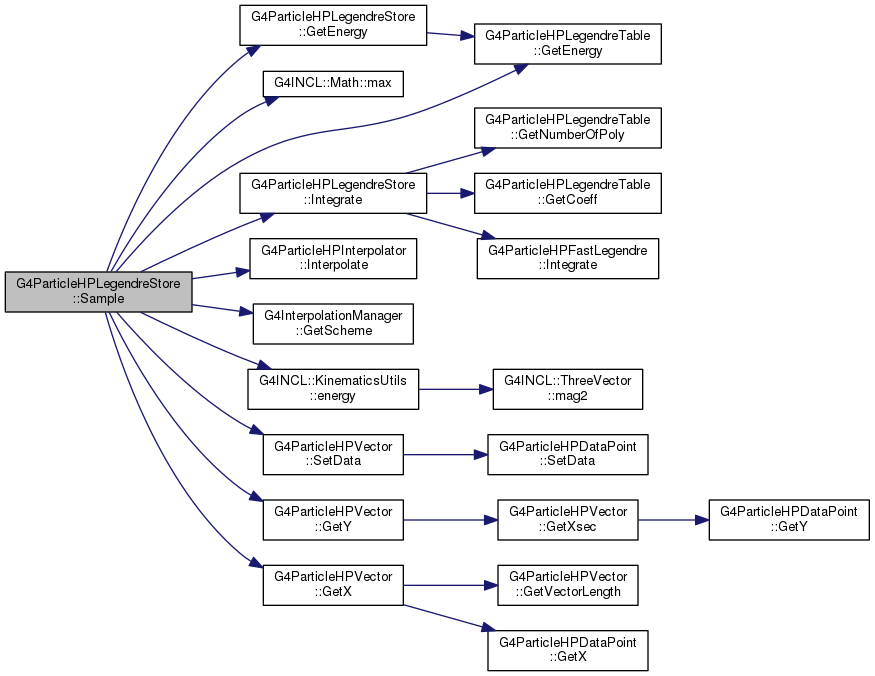
Definition at line 44 of file G4ParticleHPLegendreStore.cc.
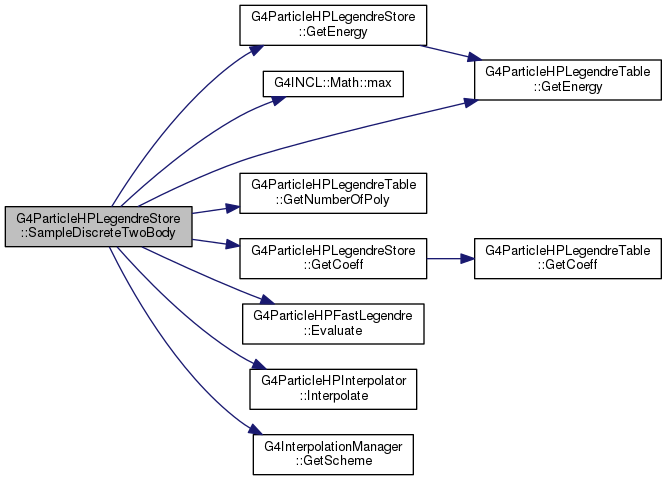

Definition at line 202 of file G4ParticleHPLegendreStore.cc.
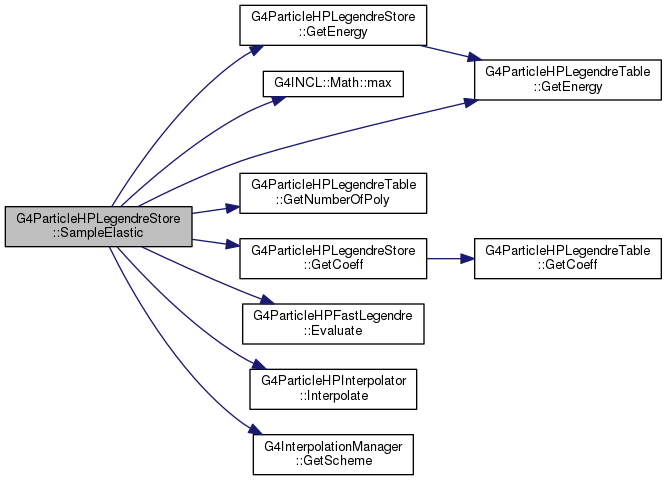

Definition at line 126 of file G4ParticleHPLegendreStore.cc.
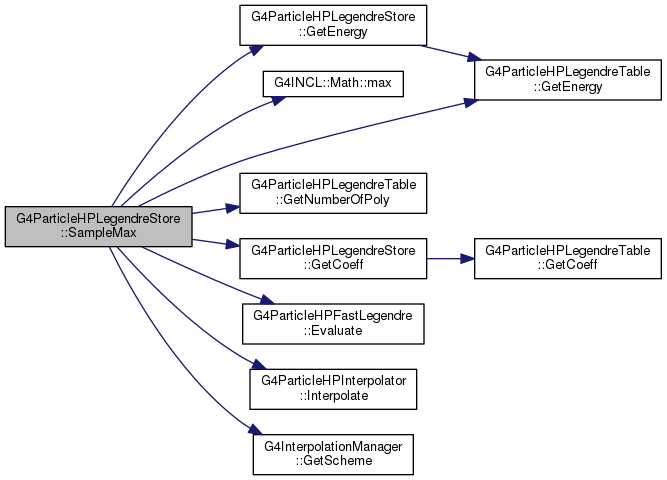
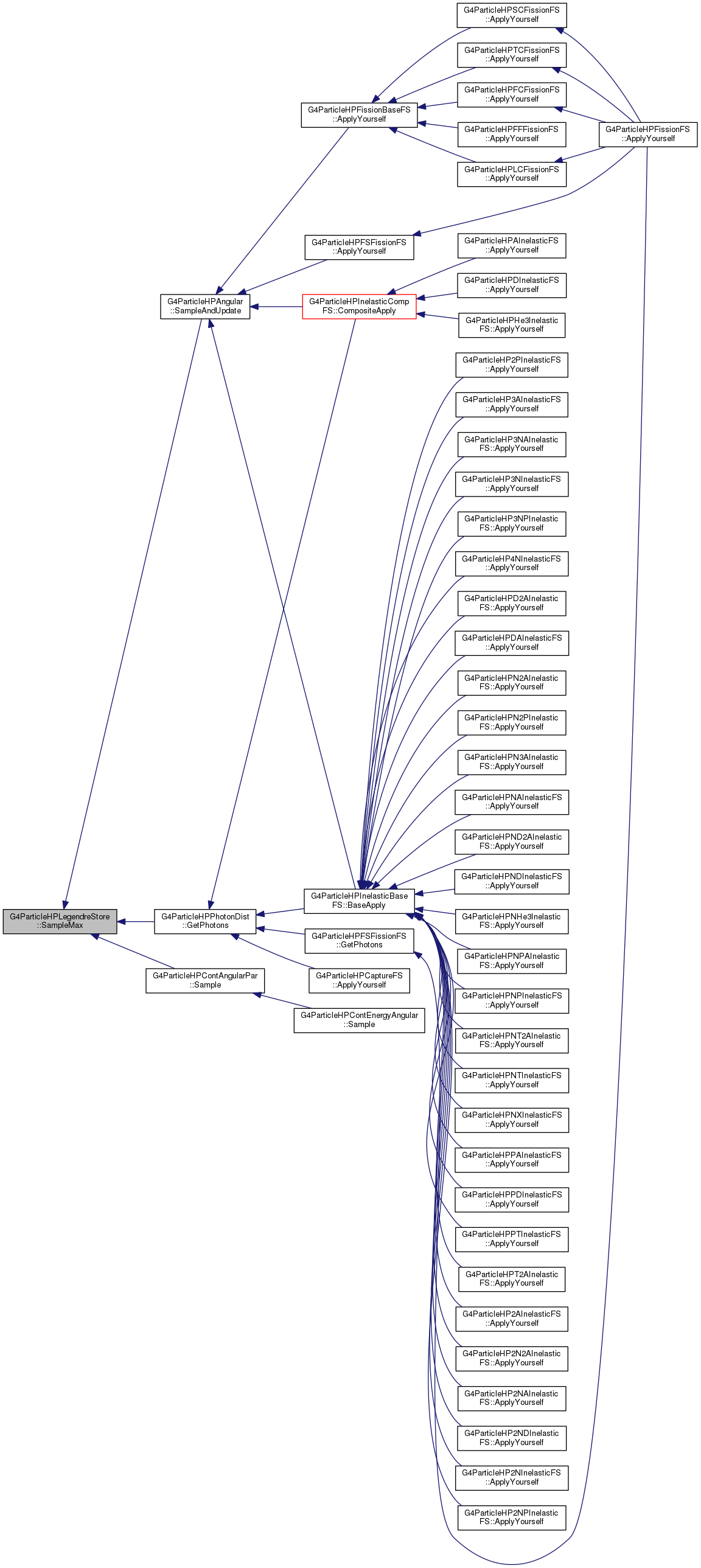
Definition at line 59 of file G4ParticleHPLegendreStore.hh.

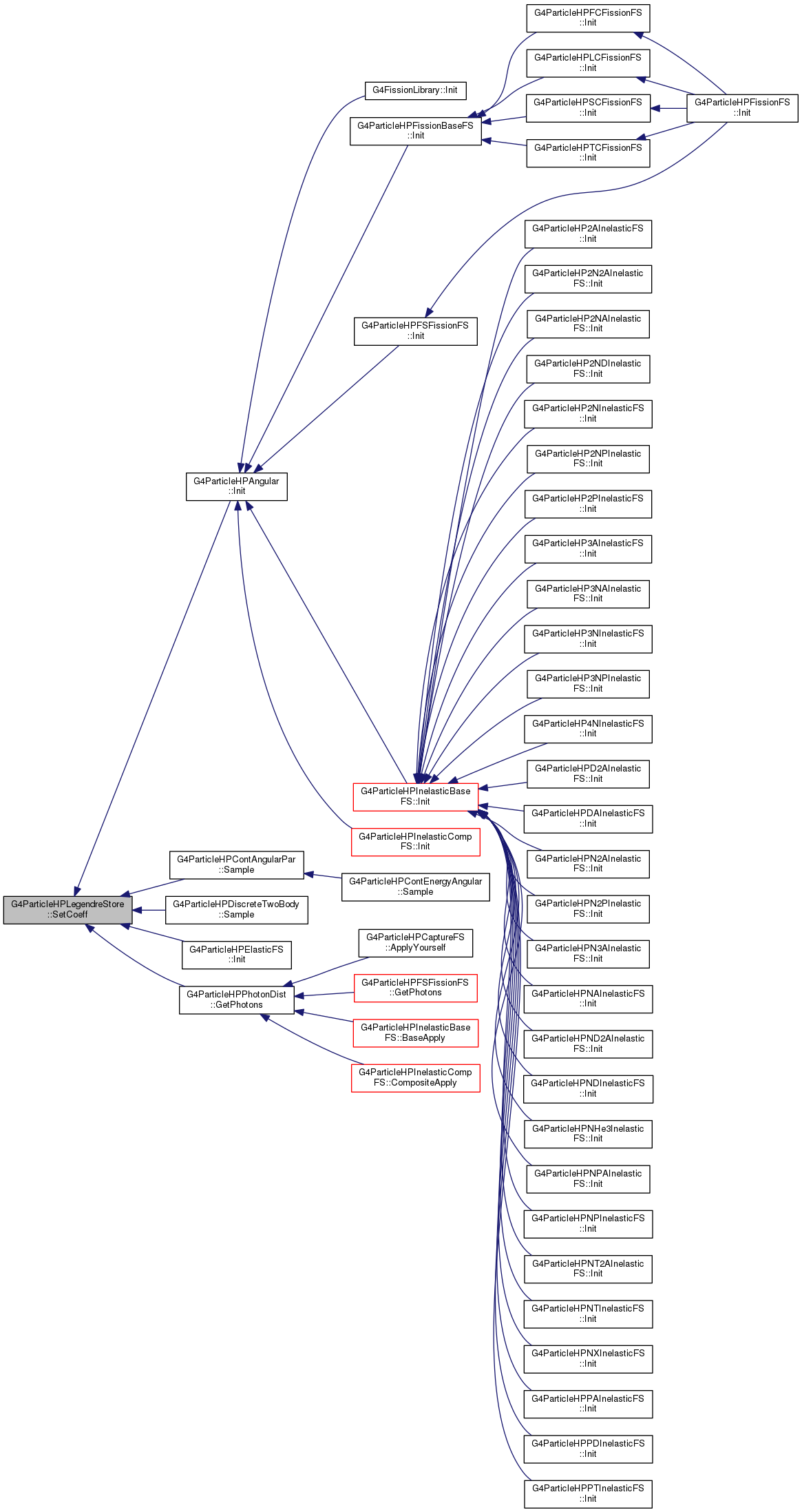
|
inline |
Definition at line 60 of file G4ParticleHPLegendreStore.hh.
Definition at line 57 of file G4ParticleHPLegendreStore.hh.

|
inline |
Definition at line 84 of file G4ParticleHPLegendreStore.hh.

Definition at line 56 of file G4ParticleHPLegendreStore.hh.
Definition at line 58 of file G4ParticleHPLegendreStore.hh.

